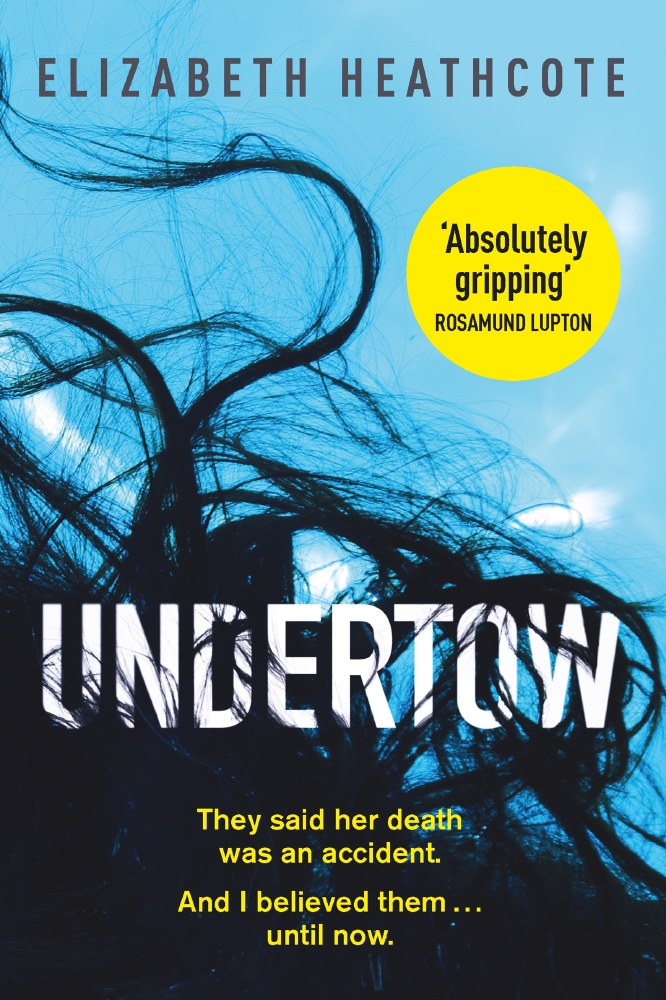And Then There Were None - Agatha Christie
Everyone loves Christie’s big set-piece books, such as Death on the Nile and Murder on the Orient Express. I have picked this one because last year’s BBC drama is my all-time favourite Christie adaptation – dark and deeply moral.

Elizabeth Heathcote
The Quincunx – Charles Palliser
This doorstep-thick, twisty-turny mystery, set in 19th-century England, follows the ups and downs in the fortunes of John Mellamphy as he attempts to secure his inheritance. A gripping read, with a no-holds barred view of what it was like to be poor in the early days of the industrial revolution.
Tinker Taylor Soldier Spy – John Le Carre
Le Carre is known as a spy-novel master-craftsman, but TTSS is at heart a classic whodunit, as George Smiley works to identify the mole at the top of British intelligence. I love the era, the monochrome atmosphere, Le Carre’s tremendous psychological insight – in fact I love every page of this masterpiece.
Double Indemnity - James M Cain
For me, James M Cain is the best of his generation of tough-talking American crime writers. It is hard to choose between his complex, sophisticated books – A Postman Always Rings Twice is genius, and I love Mildred Pierce, but Double Indemnity, a more traditional crime novel, stands out for its killer denouement.
Gone Girl – Gillian Flynn
I really enjoyed Gone Girl when I read it, and four years later I remember every detail. As well as boasting the twist that launched a new generation of crime writing, the book brilliantly reflects its troubled times. Yes it is far-fetched, but to me Flynn is the direct descendent of those 30s noir writers.
Sherlock
Sir Arthur Conan Doyle’s novels were wonderful and ground-breaking, but the TV series is even better. Hats off to creators Steven Moffat and Mark Gattiss, who raised the bar on what we expect from our cerebral whodunits.
The Daughter of Time – Josephine Tey
I include this because it is such an unusual take on the genre. Tey’s detective Alan Grant is laid up in hospital, and uses the time to apply his forensic skills to one of the great historical whodunits – who killed the Princes in the tower? Was it really bad King Richard lll – or was he framed by the Tudors?
Fatherland – Robert Harris
As you’re probably realising I love history … and this is genius. Set in an alternative universe where Hitler has won the second world war, a Nazi government official is murdered. But the SS officer assigned to investigate starts to uncover some very big secrets indeed…
Crooked House – Agatha Christie
While Christie is applauded for her whodunit plotting (which is why she gets on this list twice!), her psychological insight is often underrated. As she got older she moved towards more tightly focused psychological studies, and this is one of the best. Apparently it is being made into a Hollywood film – can’t wait!
Undertow - Elizabeth Heathcote
Ahem, may I recommend this excellent book … but seriously, I include my novel Undertow because it was essential to me that as well as psychological suspense, it should have a proper whodunit structure that would keep readers puzzling. From feedback I think I have succeeded, but you let me know – @lizzieheathcote

Undertow by Elizabeth Heathcote (Quercus, £7.99) is out now.

